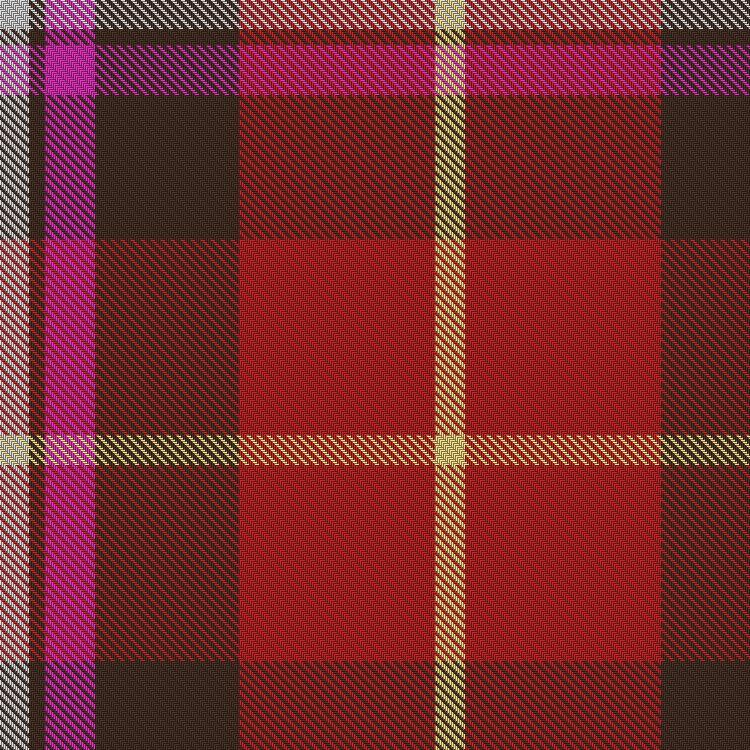Click the tartan to view its entry in The Scottish Registers of Tartans which includes registration details, restrictions, and registrant information.
Unregistered tartans may link to one of the web's online design environments for similar information.
For any questions about reproduction of designs or weaving of these tartans, please contact the registrant directly or via this website.
Apple Wassail Night (Old Twelvey Night)
"🎶 Here's to thee, old apple tree,
Whence thou mayst bud
And whence thou mayst blow!
And whence thou mayst bear apples enow!
Hats full! Caps full! Bushel—bushel—sacks full,
And my pockets full too! Huzza!"
~ Traditional Apple Wassail song, 1871
Under the moonlit skies of Old Twelvey Night, let your voice rise in song to the trees, calling for good fortune and a bountiful harvest all year round! Celebrated on January 17th, this occasion marks the original Twelfth Night, cherished before the Georgian calendar's introduction. In rural corners of England—particularly in Suffolk, Kent, Somerset, Herefordshire, and Devon—where apple orchards thrive, the tradition endures.
If an apple tree graces your acquaintance, tonight is the night to pay it homage. Journey back to the echoes of pagan customs by pouring cider over its roots, singing heartfelt songs, clapping or drumming to awaken the spirits, and raising a toast to the tree's vitality.
This appley-dappley tartan, inspired by the flavors of an apple tea, weaves together the shades of the apple’s journey through the seasons—from the stark winter branches to spring blossoms, from the fruit’s ripe crimson to the fiery brilliance of spirits in a warming cup. Here’s to the trees—huzzah! 🎶 ❤️ 💗 💛 🖤 🍎 🍏 🍎 🌳
In times gone by in the cider-producing counties in the south and west of England, wassailing referred to a traditional ceremony that involved singing and drinking the health of trees on Twelfth Night in the hopes that they might better thrive. The purpose of wassailing was to awaken the cider apple trees and to scare away evil spirits to ensure a good harvest of fruit in the coming autumn. Apple wassailing still takes place on Old Twelvey Night, January 17th, the original Twelfth Night before the transition to the Georgian calendar in 1752.
The ceremonies of each wassail varied from village to village but generally had the same core elements. A wassail king and queen would lead a song and/or a processional tune from one orchard to the next; the wassail queen would then be lifted into the boughs of the tree where she placed toast soaked in wassail from a "clayen cup" as a gift to the tree spirits (and to show the fruits created the previous year). Then an incantation would be recited of which many regional variations exist:
Huzza, Huzza, in our good town
The bread shall be white, and the liquor be brown
So here my old fellow I drink to thee
And the very health of each other tree.
Well may ye blow, well may ye bear
Blossom and fruit both apple and pear.
So that every bough and every twig
May bend with a burden both fair and big
May ye bear us and yield us fruit such a stors
That the bags and chambers and house run o'er.
~ Cornworthy, Devon, 1805
For more on traditional apple wassailing, click the apple!









